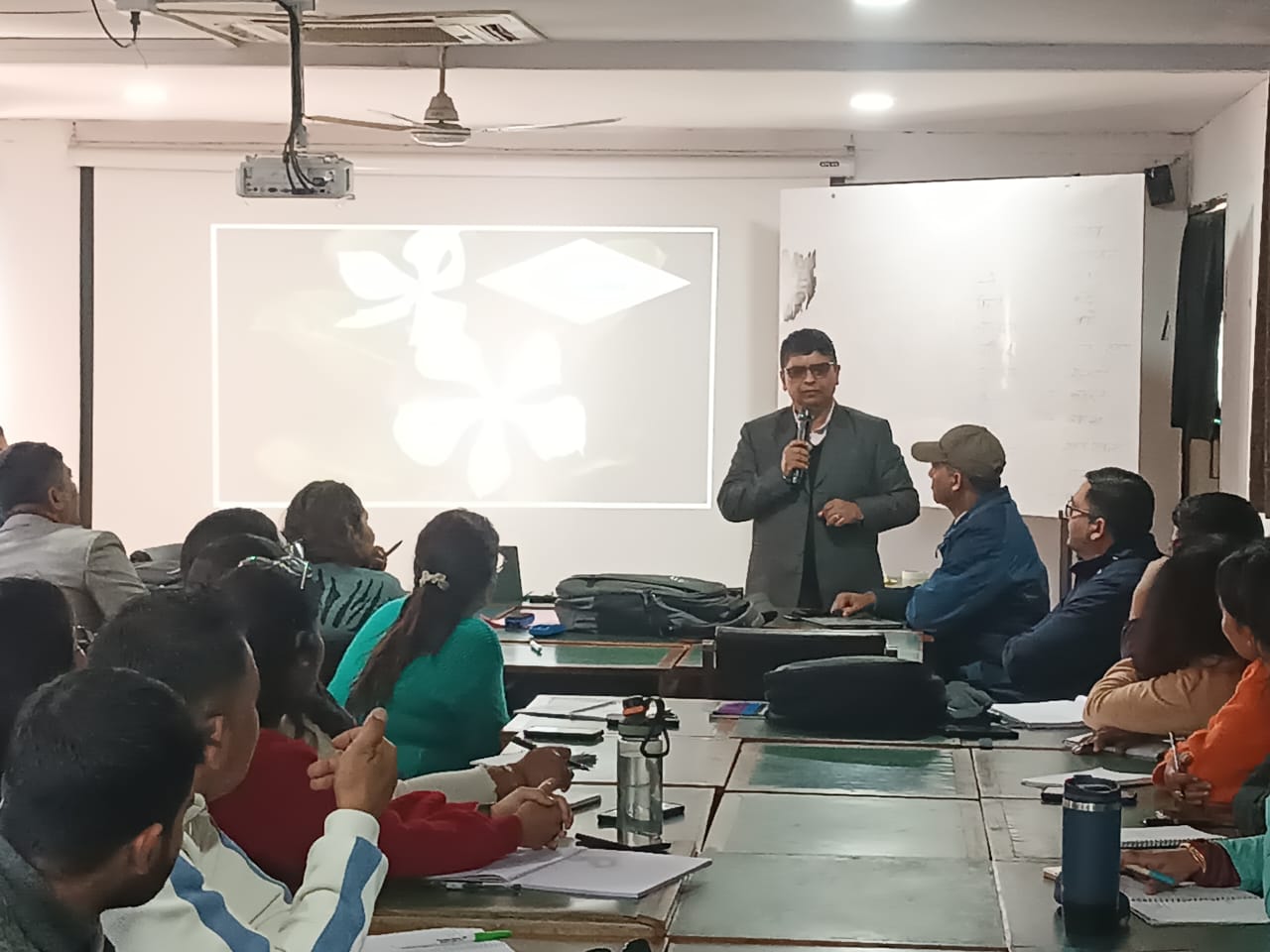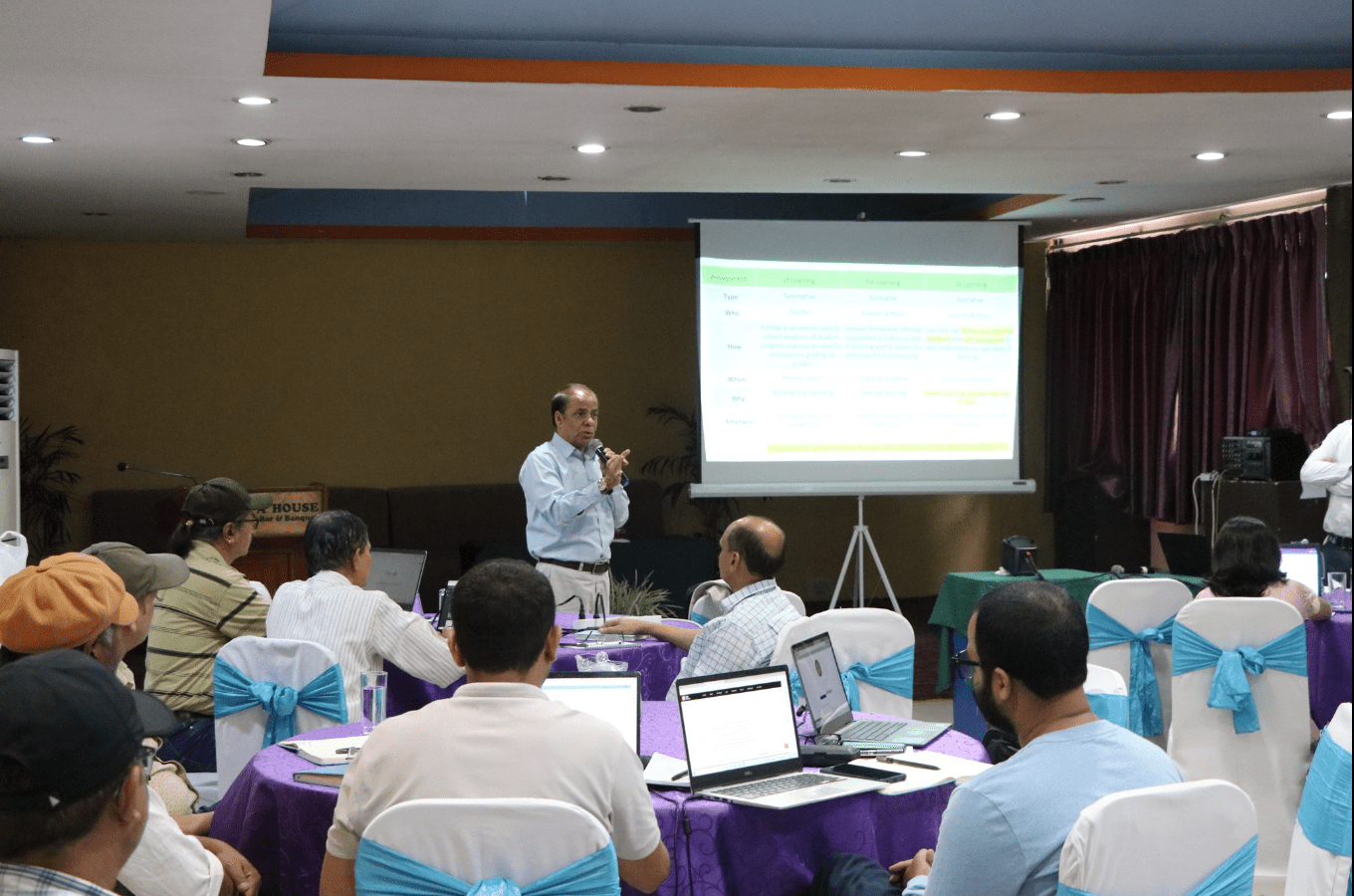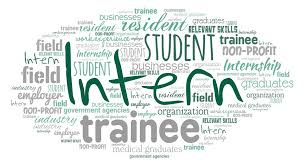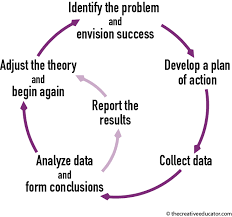Quantitative Data Analysis using SPSS

- Start Date:
- Oct. 21, 2024
- Price: Rs. 15000 /-
SPSS Statistics software, derived from its full-form "Statistical Package for Social Sciences," is a product owned by IBM Company (SPSS Inc. till 2009). First developed in 1968, Hadlai (Tex) Hull and Dale H. Bent initiated the software. Initially focused on the social sciences, SPSS has evolved into a comprehensive statistical tool applicable across diverse disciplines, including the natural sciences management sciences, hence its revised full form as "Statistical Product and Service Solutions."
This training program caters specifically to academicians, novice learners, development workers, or people who want to enhance their skills and abilities in data science. Its core objective is integrating research methodologies with statistical analysis using SPSS software. The course content is meticulously designed to equip participants to advance quantitative research techniques.
Participants will undergo comprehensive training utilizing SPSS for data analysis, recognizing its significant role in academia, business, governance, and development. SPSS is known for its value in data mining, descriptive analysis, graphical representation, and hypothesis testing, establishing it as a needed asset for those growing in the research field.
In today's landscape, proficiency in SPSS is increasingly imperative for individuals pursuing advanced academic studies and careers in research. Moreover, academic expertise with such software has emerged as a requisite skill within the development sector. It highlights the critical importance of mastering SPSS for professionals striving to make impactful contributions in their respective fields.
Objectives of the Course
The following are the course's specific objectives.
a) Effectively utilize SPSS Statistics software for data and variable management, including data entry, organization, and manipulation.
b) Advancing skills in descriptive statistical techniques such as illustrations, descriptions, and summarization of responses using SPSS and comprehending strategies for presenting descriptive statistics output in research reports.
c) Increase proficiency in basic and complex sampling techniques and learn to employ SPSS for sample selection strategies, ensuring representative and unbiased samples for analysis.
d) Utilize SPSS for relational statistics, exploring techniques for analyzing relationships between variables and understanding how to interpret and describe outputs from relational statistical computations.
e) Use SPSS Statistics software for inferential statistics, understanding its role in hypothesis testing, conducting hypothesis tests, and interpreting and developing inferences of the results within a research context.
The participants will simultaneously learn the research report writing technique in each step.
RELATED COURSES
-

Training of Trainers
Read More -

Understanding and Supporting Children with Down Syndrome
Read More -

Masters in Training of Trainer (MToT)
Read More -

Professional Development of ECD Educators
Read More -

Teaching Science: Theory and Practice
Read More -

Teaching Nepali: Theory and Practice
Read More -

Data Science Advanced
Read More -

Foundational Course For Mathematics Teacher
Read More -

Teaching Social Studies: Theory and Practice
Read More -

ICT in Education
Read More -

AI in Education
Read More -

Teaching English: Theory and Practice
Read More -

Teaching Mathematics: Theory and Practice
Read More -

Data Science General
Read More -

TechEdu Nexus Internship Program
Read More -

Grants Writing
Read More -

Gender equity in Education
Read More -

Diploma in Inclusive and Special Need Education
Read More -

Library and Information Center Management
Read More -

Inclusive Education for School Educators
Read More -

Realities of School Leaders
Read More -

STEAM-Based Pedagogy in School
Read More -

Education for Sustainable Development
Read More -

School Counselling
Read More -

Action Research in Schools
Read More